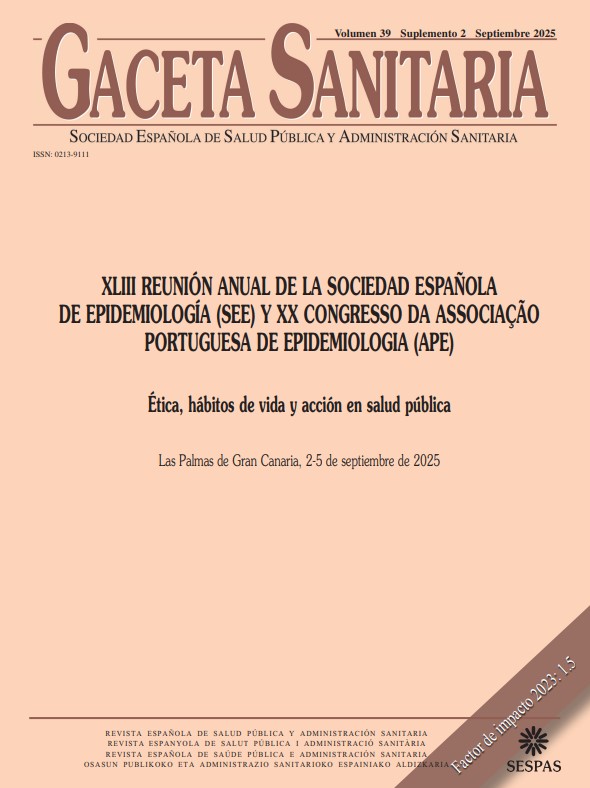838 - A CLUSTER-RANDOMIZED CONTROLLED TRIAL OF A FAMILY-BASED PSYCHOSOCIAL INTERVENTION TO PREVENT CHILDHOOD OBESITY FROM PRESCHOOL AGES: THE PRESAFALIN STUDY PROTOCOL
Gasol Foundation; University Ramon Llull; University of Lleida; University of Vic; Johns Hopkins Bloomberg School of Public Health; BC3, Basque Centre for Climate Change, Adaptation Lab; Ikerbasque Research; CIBER Epidemiology and Public Health (CIBERESP); IMIM (Hospital del Mar Medical Research Institute).
Childhood obesity is a critical global concern, with Spain's high rates highlighting the need for early interventions. Socioeconomic status is a key risk factor, as children from vulnerable backgrounds are more likely to be overweight. Early childhood is a crucial period for establishing healthy behaviors, and parental competence, self-efficacy, and resilience can help mitigate obesity risks. Despite its relevance, this age group has been underrepresented in intervention research. This study introduces the innovative PRESAFALIN protocol, a family-based intervention targeting parents' psychosocial factors from preschool years. This cluster-randomized controlled trial will involve 1,200 families with children aged 0 to 5 years from disadvantaged backgrounds across 120 centers in Spain. Recruitment will occur in three waves, assessing zBMI and health-related variables through in-person and self-reported measures. The intervention includes three phases: (1) 10-month workshops with pedagogical materials, (2) mid-term follow-up until age 9, and (3) long-term follow-up until age 12. The study protocol was approved by the Ethics Committee (CI PIC-238-20), follows SPIRIT guidelines, and is registered in the ISRCTN registry (ISRCTN 15553317) and the WHO Trial Registration Database. The study’s strengths include its holistic approach, long-term follow-up, emphasis on educator training, and focus on socioeconomic equity, while addressing challenges like self-selection bias and attrition. The PRESAFALIN intervention aims for a statistically significant reduction of 0.28 in Body Mass Index z-score (zBMI) between the intervention and control groups, based on the clinical relevance of a 0.20 zBMI reduction observed in previous family-based RCTs. Beyond zBMI reduction, the study seeks to foster positive lifestyle changes and offer additional benefits, such as increased community engagement, greater accessibility and inclusivity, creation of trusting environments, stronger family bonds, and provision of resources for long-term well-being. In conclusion, the PRESAFALIN study provides valuable insights into early interventions targeting parental psychosocial factors to prevent childhood obesity, informing scalable public health strategies.
Financiación: IFA RETAIL S.A, Barcelona Provincial Council for Sports and Youth and, DKV Seguros y Reaseguros.















